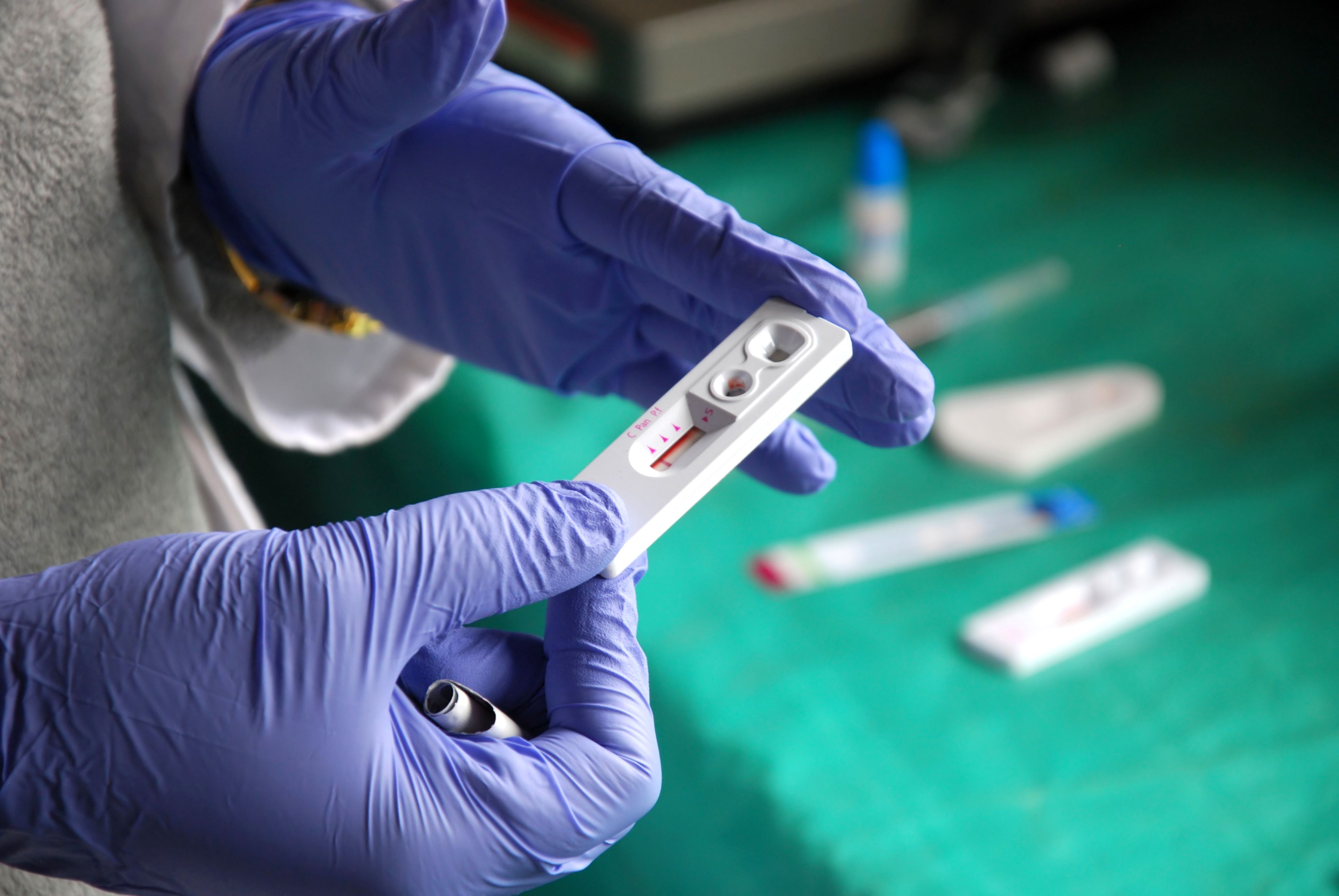Article
Digoxin Carries More Than 200 Years of Controversy, Especially in Atrial Fibrillation
Author(s):
Approximately 6.5 million Americans are prescribed digoxin, a cardiac glycoside with a long, fascinating history.
Approximately 6.5 million Americans are prescribed digoxin, a cardiac glycoside with a long, fascinating history. Given the drug’s prevalence, any potential problems related to its use are generally propelled into the public health arena.
A new editorial and review published in the September/October 2014 issue of the American Journal of Therapeutics discussed several historical and recent concerns associated with digoxin. Among the authors’ findings were the following key points:
- The foxglove-derived medication has been trailed by controversies since its original discovery in 1785.
- Typically, digoxin’s low therapeutic-to-toxic ratio of approximately 2 to 1 is at the center of every related controversy.
- Various digoxin preparations, such as stropanthis and ouabain, have been withdrawn, mainly due to their unpredictable differences.
- Much of digoxin’s toxicity has been attributed to its combined use with quinidine, a practice that is now discouraged and avoided.
- An analysis of 122,465 veterans determined that digoxin use was associated with an increased risk of death in patients with newly diagnosed atrial fibrillation (AF).
- The randomized AFFIRM trial found that patients treated with digoxin had an elevated risk of death, though a similar review of the same data that used different analytical techniques found no association between digoxin and increased mortality.
- Heart failure (HF), ischemia, and myocardial infraction, either alone or in combination, can lower the therapeutic-to-toxic ratio of digoxin, meaning the drug not only increases mortality, but also confounds study results.
- Most physicians prescribe digoxin only for rate control in HF patients, as evidence indicated the drug improves rate control and reduces HF-related rehospitalization in this population.
- Using alternative therapies seems reasonable and rational, but their effect on mortality is still unclear.
- Controlled, perspective, and randomized trials that evaluate digoxin’s safety and therapeutic benefit in AF are sorely needed.
Newsletter
Stay informed on drug updates, treatment guidelines, and pharmacy practice trends—subscribe to Pharmacy Times for weekly clinical insights.






